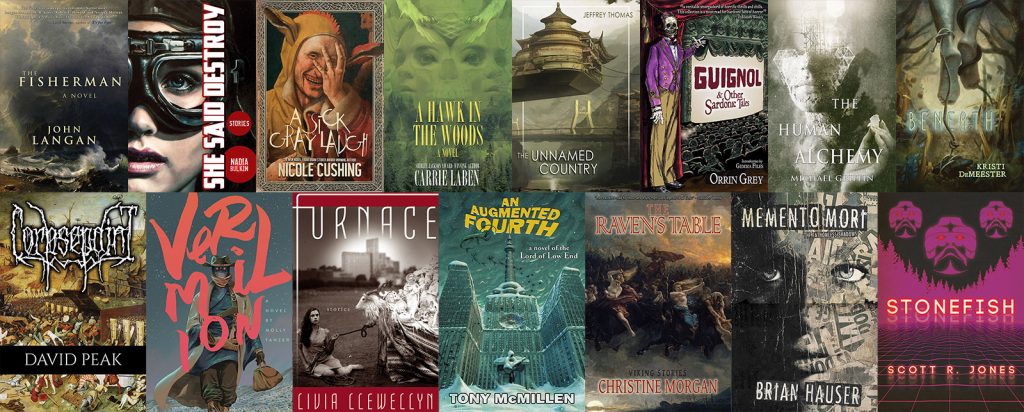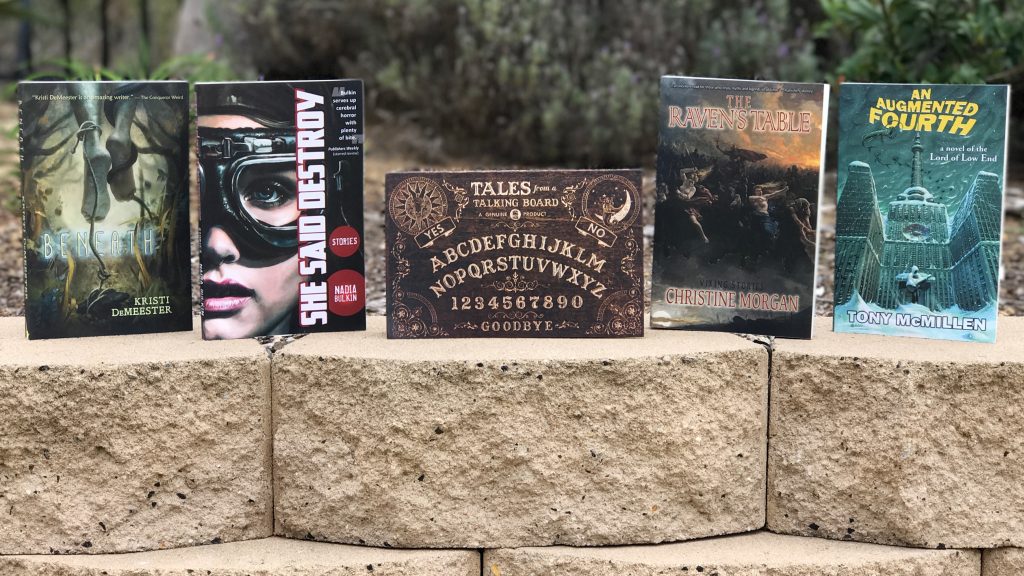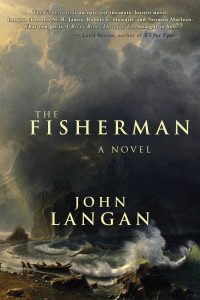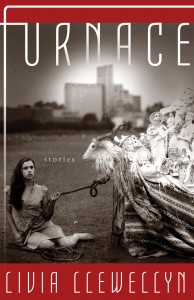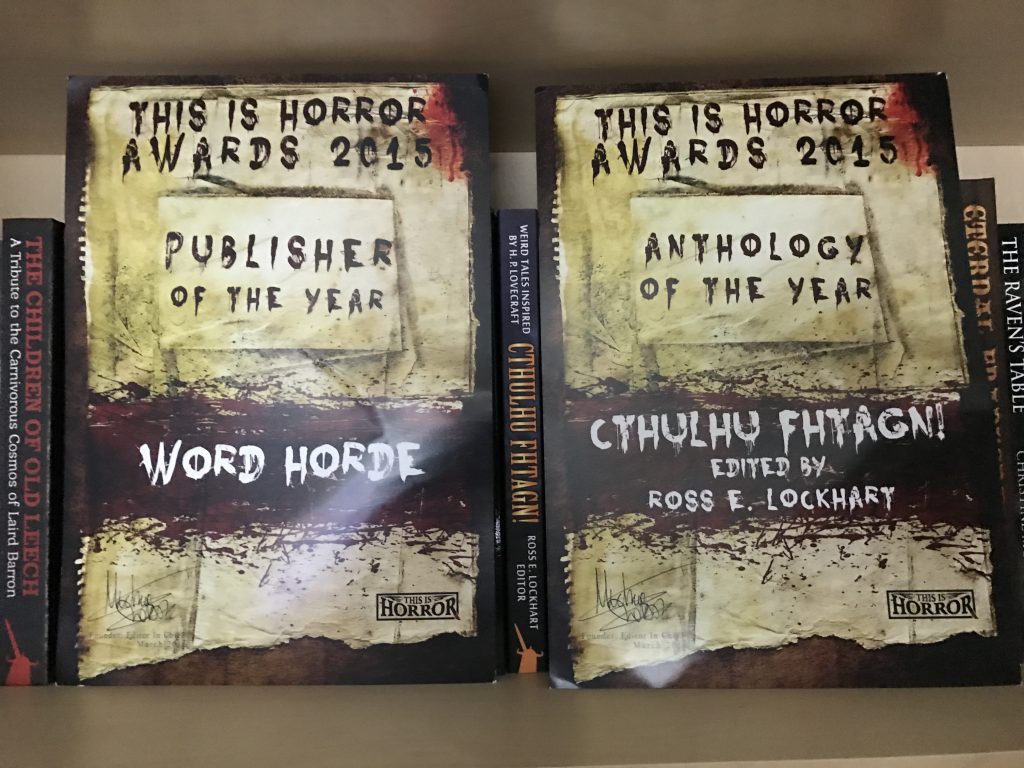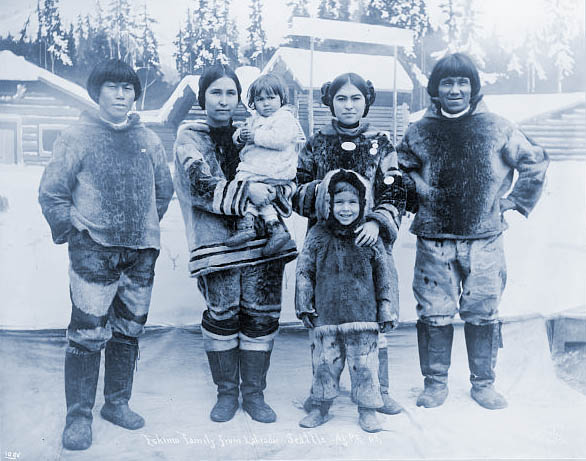
“Gin Lane” William Hogarth 1751
“Drink, Temperance, and Thrift” is the title of Chapter 26. In it, Jack London spoke of the problems alcohol caused among the poor; how drink made human beings less healthy, less thoughtful, less capable; how drink provided the drinker with a fraudulent sense of gracious elevation above the concerns of daily life, an illusion that comforted, but which left the one experiencing it with less ability to deal with reality. He had his own problems with alcohol and so, as an alcoholic myself, I take him seriously when he speaks of such issues. Jack London’s book, John Barleycorn, which came out in 1913, chronicles his own drinking history and the nihilist philosophy alcoholism seemed to have given him. That philosophy includes something he calls white logic, which could be summarized as the lies we tell ourselves to make a painful life worth living. If I’m reading Jack London right, I’d say that by the time he wrote John Barleycorn, he’d come to the conclusion that life is essentially pointless.
Here’s an excerpt from my novel The Surgeon’s Mate a Dismemoir, which is part memoir, part fiction, that hopefully provides a sense of what I believe:
Substance abuse treatment worked for me. I became an inpatient at a facility on several acres in the country, just outside of Nashville, Tennessee. The twenty-eight day treatment was based around the twelve-step program of Alcoholics Anonymous. I feared AA and its sister program, NA, because I thought I’d find myself involved with religious zealots. Even so, I entered the facility willing to do almost anything to get sober.
As a life-long agnostic, I had difficulty with the concept of a higher power at first. Admitting to the other patients that I had no religious beliefs didn’t go over well. Many of them tried to persuade me to believe as they did. I got the impression that most had been godless until they’d seen the need to quit drugs or alcohol, then they’d grabbed up the faith they’d been introduced to as children. I didn’t have that, since my parents weren’t believers.
Troubled with the idea that the program wouldn’t work for me unless I believed in a god, I spoke to the facility’s pastoral counselor—a tall Methodist fellow named John Isaacson who had giant, false front teeth. We sat in his office that had a large window that looked out over grassy fields that led down to the Harpeth River. The place had once been a farm, and the acreage was broken up into rectangles bordered by wind-break trees. I saw a couple of Indian burial mounds out in one of the fields.
“I’ve tried to believe,” I told him, “I’ve meditated, prayed, and listened, searching for some sort of mystical presence, and I got nothing.”
“Belief in a higher power,” he said, “as called for in the twelve step-program, can be anything you have faith in that’s greater than yourself. What have you got to work with?”
“I have the love of family and friends,” I said apologetically with a shrug.
He nodded, gave me an expectant look. That gave me the impression he waited patiently for me to think the matter through. I felt comfortable in his presence.

Native American Burial Mounds in Tennessee
I looked out the window for inspiration, saw again the Indian burial mounds. Whoever had owned the farm before the place became a substance abuse treatment center, had left the mounds alone, farming around them. I knew that the Indians of middle-Tennessee—Cherokee, Chickasaw, Choctaw, Creek, and Shawnee—buried their dead in the area because nearby salt springs attracted animals and so the hunting was good. Those Native American communities looked after their own, even in death.
“I have the society that raised me,” I said.
His eyebrows arched. Perhaps he wasn’t used to patients trusting human beings as a group.
“Sure,” I said, “lots of people in the world are up to no good, but so many more try to keep the best interests of human kind in mind. I’ve had people I don’t know, at risk to their own safety, save me from danger. How could they have known if I was worth the risk? They didn’t.”
He nodded. “Love of fellow man.”
“Yes,” I agreed. “I suppose those acts of kindness are an unconditional love I can look up to.”
“That’s important.”
I feared in that moment that he might begin to evangelize, yet he didn’t.
I knew that many people had the opinion that the goodwill I spoke of wouldn’t exist without religious faith. With such compassion common among religions that were at odds with one another, I was of the opinion that goodwill arose from human society, as did the religions themselves. The community of man was a lot bigger than me, and had supported and safeguarded my existence. While as a higher power, human society didn’t represent the level of perfection some sought in a deity, I’d never needed perfection. I was a gray-area sort of guy.
“I believe in human beings,” I said simply.
“Sounds like you’ve got some good stuff,” John said.
That hardly settled the matter for me. Still, some of what weighed me down had lifted.
“Try not to be troubled by the idea of failure,” John said. He paused, smiled crookedly, and said, “One guy who came to us, chose the campus dog as his higher power because dog spelled backwards is God. He’d talk to her. My impression is that he told the dog about what troubled him. He left us years ago and comes back regularly, at first to visit the dog, and eventually to visit her grave. He’s still sober as far as I know.”
I liked John and his goofy teeth. He had a sense of humor. I could see it in his smile. I left his office feeling a lot lighter.
Since religion wasn’t required, I remained agnostic.
I couldn’t have concisely explained my higher power. Suffice it to say that I had one, and therefore not only got sober with the twelve-step program, but was also relieved of the desire to drink. With the help of substance abuse treatment and AA, I gained some understanding and acceptance of myself. Terribly flawed and wonderfully capable, I found myself to be particularly human. I could accept that. I could drink, and chose not to. I was an alcoholic and always would be. With that knowledge came an awareness that I was a danger to myself when I drank, and to others as well.
Finding so many sober alcoholics surprised me. If I’d known how many survived their disease, I might not have waited so long to get sober. Figuring that knowledge of my struggle and sobriety might help others, I became vocal about being an alcoholic instead of staying anonymous.
 Yes, I find spiritual sustenance in loving others, and being loved in return. That is the point of existence for me. Some believe that love is a gift from god, but I don’t know that. The fact that I do not know where it comes from does not diminish its effect in my life. Perhaps it is merely in my genes, yet the thought of that also does not diminish its power.
Yes, I find spiritual sustenance in loving others, and being loved in return. That is the point of existence for me. Some believe that love is a gift from god, but I don’t know that. The fact that I do not know where it comes from does not diminish its effect in my life. Perhaps it is merely in my genes, yet the thought of that also does not diminish its power.
Later in the chapter, Jack London rails against the charity organizations who preach temperance and thrift to the poor. He argues that being poor is by definition a state of thrift.
My experience is that in the midst of suffering, those in pain do not easily listen to those who have plenty and who do not know their struggles. There is an element of grandiosity involved for the sufferer that stands in the way. “No one knows what I go through, and how it leaves this, that, and the other thing necessary, as desperate as those acts are.” And often it is true that the well intentioned person who preaches the need for those suffering to change their ways is ignorant of their struggles. One wrong assumption on the part of the one preaching, and the sufferer ceases to listen.
AA and NA meetings are generally closed to those who are not alcoholics or addicts. The meetings are for those who know the experience of the disease of addiction and therefore can speak with authority. In meetings, there is most often no cross-talk, that is to say, there is no commenting on what others say, except perhaps light agreement in preparation for expanding on a point. I have found that the best thing is to merely talk about my own experiences. If what I reveal of my struggles and what helped me is something the listener identifies with, then it can be helpful. Not much else does help.
—Alan M. Clark
Eugene, Oregon
Get a free ebook copy of The People of the Abyss from Project Gutenburg—available in various formats including Kindle and Epub, : http://www.gutenberg.org/ebooks/1688
Now available, A Brutal Chill in August.
Visit Alan M. Clark online: www.alanmclark.com
About Alan M Clark 
Author and illustrator, Alan M. Clark grew up in Tennessee in a house full of bones and old medical books. His awards include the World Fantasy Award and four Chesley Awards. He is the author of seventeen books, including ten novels, a lavishly illustrated novella, four collections of fiction, and a nonfiction full-color book of his artwork. Mr. Clark’s company, IFD Publishing, has released 44 titles of various editions, including traditional books, both paperback and hardcover, audio books, and ebooks by such authors as F. Paul Wilson, Elizabeth Engstrom, and Jeremy Robert Johnson. Alan M. Clark and his wife, Melody, live in Oregon. www.alanmclark.com
